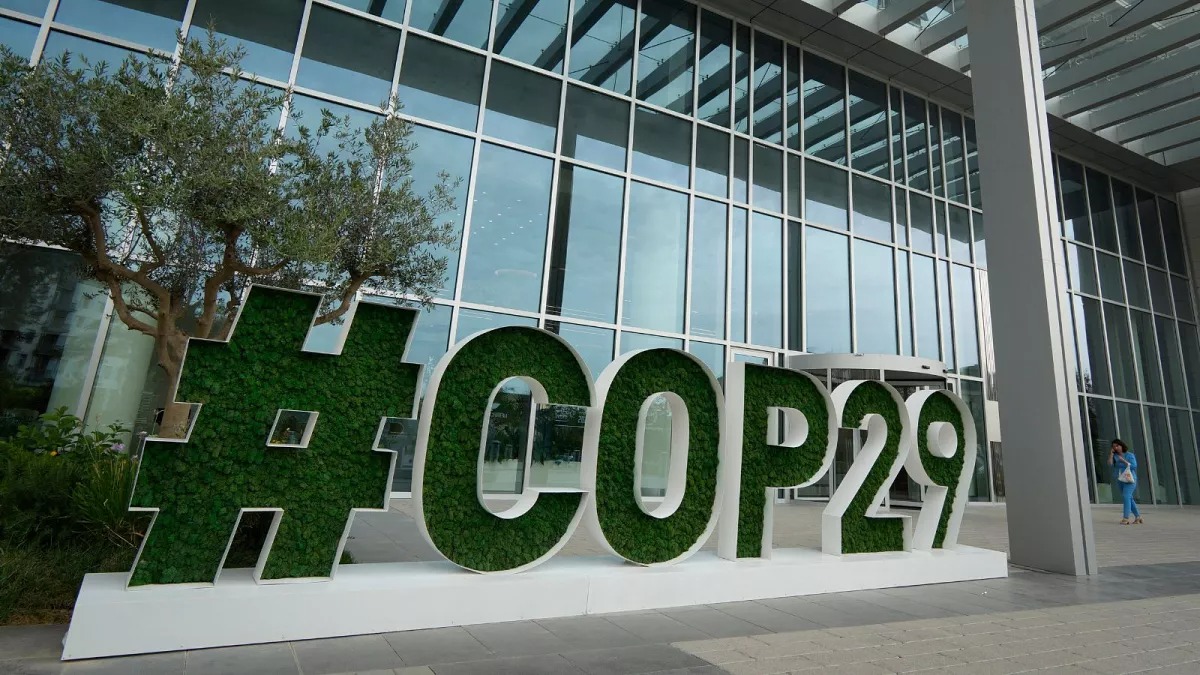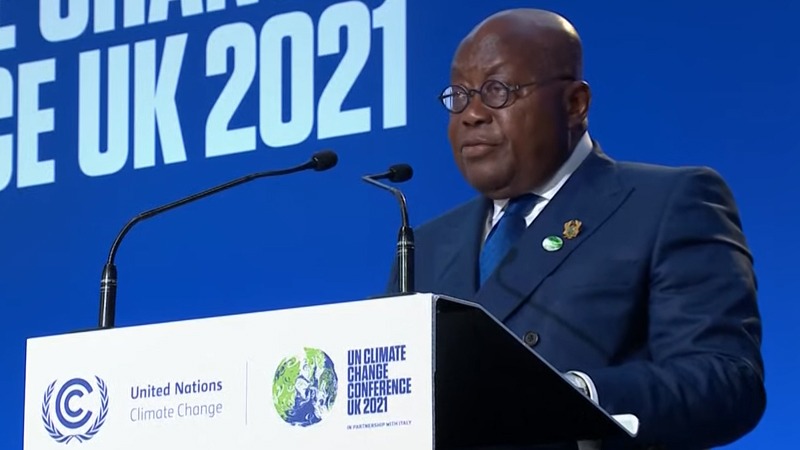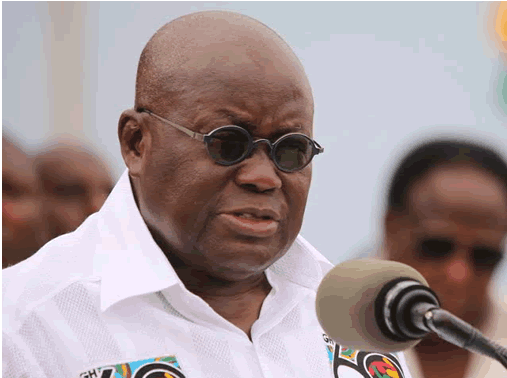

The President of Ghana, Nana Addo Dankwa Akufo-Addo, has urged the international community to take decisive steps to mitigate the impact of climate change and safeguard the future of coming generations.
Speaking during a plenary session at the ongoing COP29 UN Climate Summit on Tuesday, 12th November 2024, in Baku, Azerbaijan, President Akufo-Addo emphasised that “rising temperatures and unpredictable weather” continue to threaten livelihoods, particularly those of farmers, coastal regions, and vulnerable communities.
He noted, however, that despite “financial and technical” challenges, Ghana is making steady progress towards a sustainable future, aiming to reduce its emissions by 64 million metric tonnes by 2030.
As part of this goal, President Akufo-Addo highlighted various policies his administration has implemented, including the Green Ghana project, which has seen over 50 million trees planted since 2017, and the National Electric Vehicle Policy to accelerate Ghana’s energy transition.
The President also urged global partners to fulfil their commitments by ensuring “accessible concessional financing” for sustainable development in Africa, free from the burden of debt.
“As a father and a grandfather, I question what we will leave behind. What world will we leave behind? Our children's future hinges on our decisions. Let COP 29 here in Azerbaijan mark a pivotal shift from dialogue to decisive action,” he stated.

COP stands for “Conference of the Parties” and is widely regarded as the world’s most important meeting on climate change.
Countries that have ratified the United Nations Framework Convention on Climate Change (UNFCCC), a multilateral treaty adopted in 1992, meet annually to measure progress and negotiate joint responses to fight climate change.
Ghana became a party to the UNFCCC in September 1995.
Since its entry into force in 1994, the UNFCCC has provided a basis for international climate negotiations, including agreements such as the Paris Agreement (2015), which aims to limit global warming to “well below” 2°C by the end of the century, and “pursue efforts” to keep warming within the safer limit of 1.5°C.
Read Full Story



















Facebook
Twitter
Pinterest
Instagram
Google+
YouTube
LinkedIn
RSS